
Best Practices in Public Health Communication to Promote Equity and Inclusion
How can we use health literacy principles to improve the inclusivity and efficacy of public health communications?

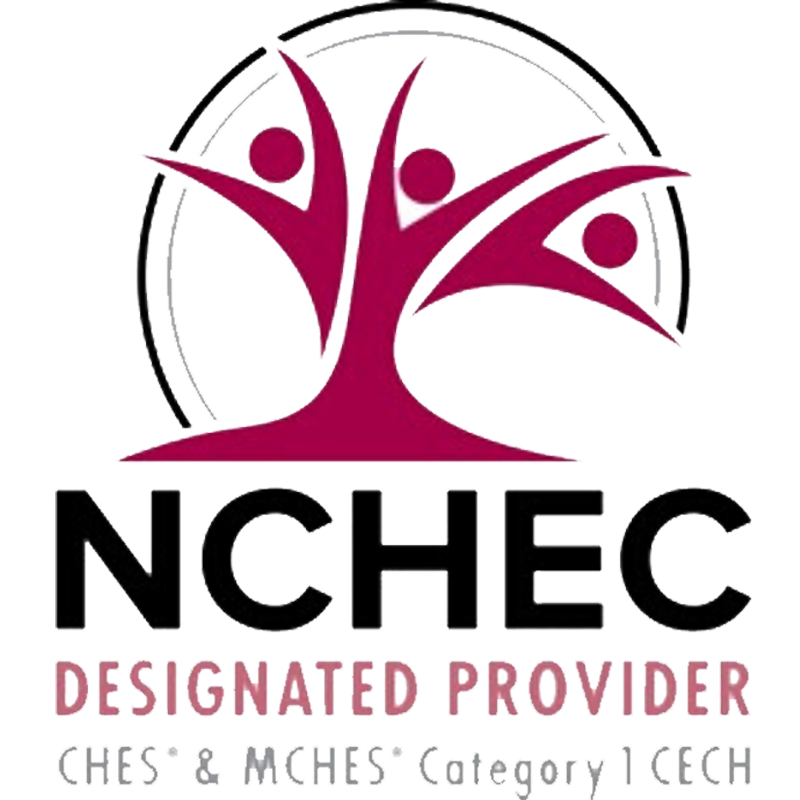
Register
Course Information
- Audience: Public Health Professionals, Community Health Workers
- Format: Webinar
- Date/Time: Wednesday, September 29th 2021 12:15 PM – 2:00 PM EST.
- Price: Free
- Length: 1.75 hours
- Credential(s) eligible for contact hours: Sponsored by New England Public Health Training Center (NEPHTC), a designated provider of continuing education contact hours (CECH) in health education by the National Commission for Health Education Credentialing, Inc. This program is designated for Certified Health Education Specialists (CHES) and/or Master Certified Health Education Specialists (MCHES) to receive up to 1.75 total Category I continuing education contact hours. Maximum advanced-level continuing education contact hours are 1. Provider ID: 1131137 Event ID: PM1133137_09292021.
If you are not seeking a CHES/MCHES contact hours, if you complete the post-test and evaluation, you will receive a Certificate of Completion. The Certificate will include the length of the course.
- Competencies: Health Equity Skills
- Learning Level: Awareness
- Companion Trainings: None
- Supplemental materials:None
- Pre-requisites: None
About this Webinar
This webinar will use didactic and workshop techniques to inform participants of best practices in public health communication to promote equity and inclusion. An overview of health literacy will be discussed, as well as how it connects to health equity. We will also speak about health literacy efforts in our community, and review how health literacy can be improved using digital literacy, cross-cultural communication, and non-biased language.
What you'll learn
At the end of the recording, participants will be able to:
- Describe the landscape of health literacy and choose inclusive language
- Develop public health messaging that incorporates numerous aspects of literacy that impacts health
- Identify communication strategies to promote the use of inclusive and non-stigmatizing language as part of public health communication
Subject Matter Experts

Jennifer Ceide, MPH
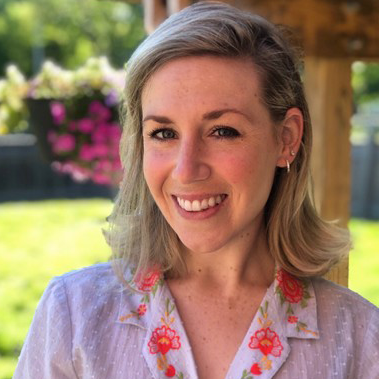
Liz Scharnetzki, Ph.D.
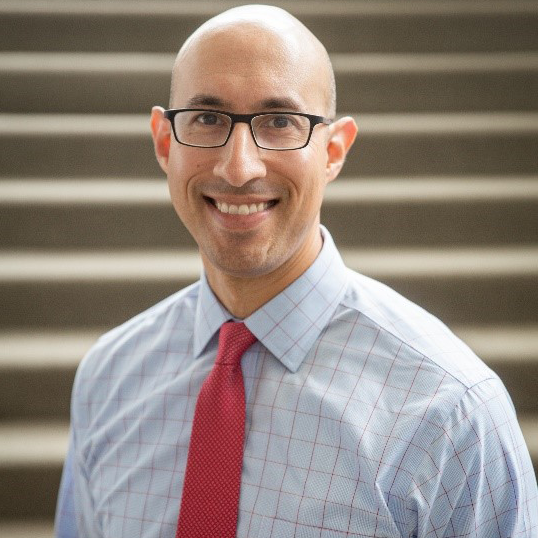
Leo Waterston, M.A.
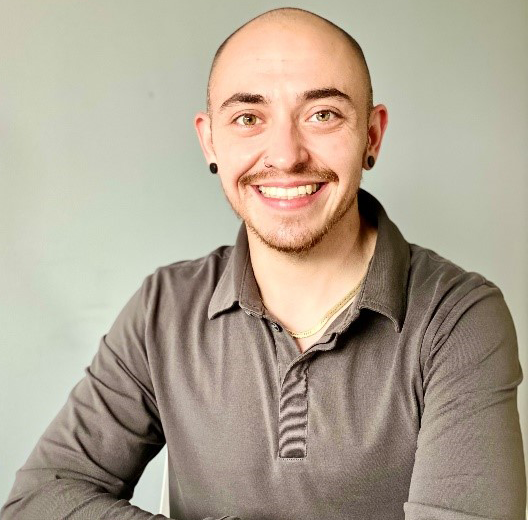
Orion Tucker
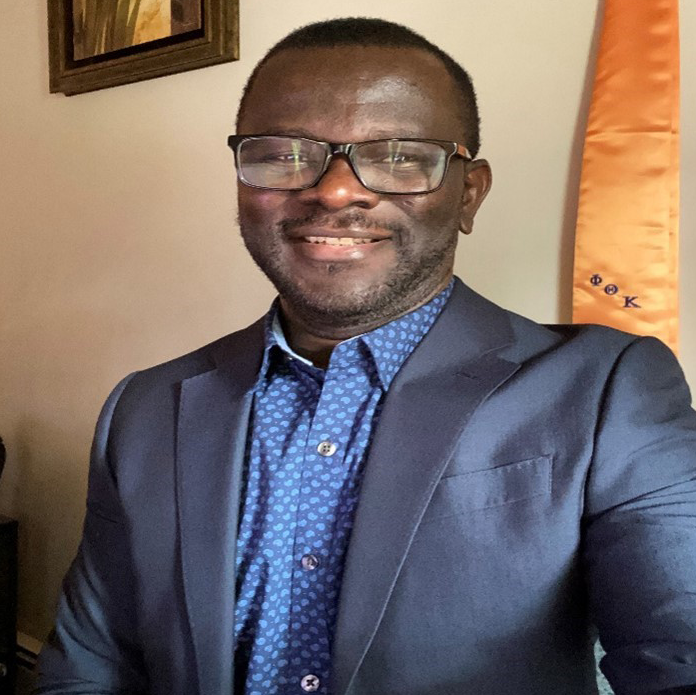
Inza Ouattara
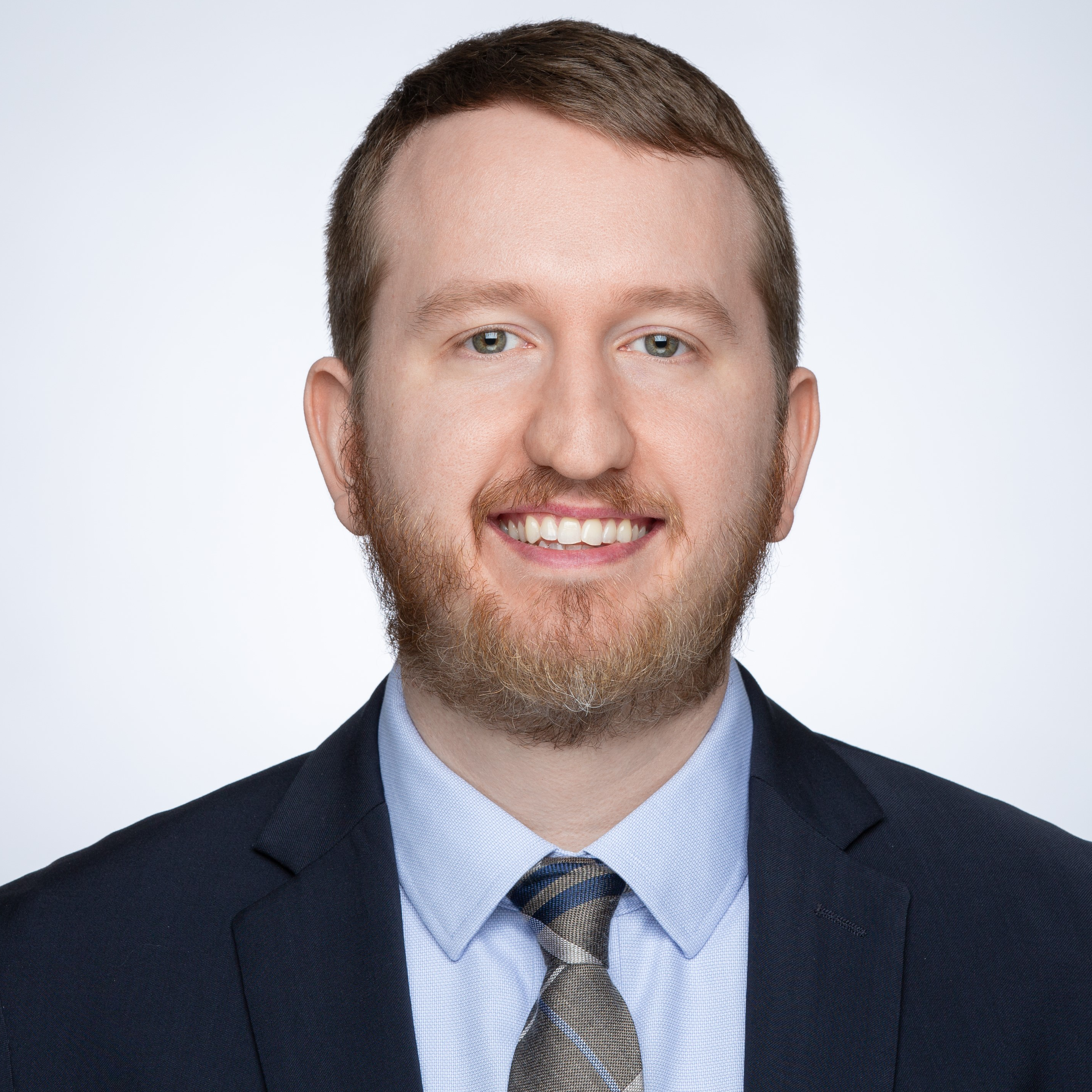
Andrew Solomon
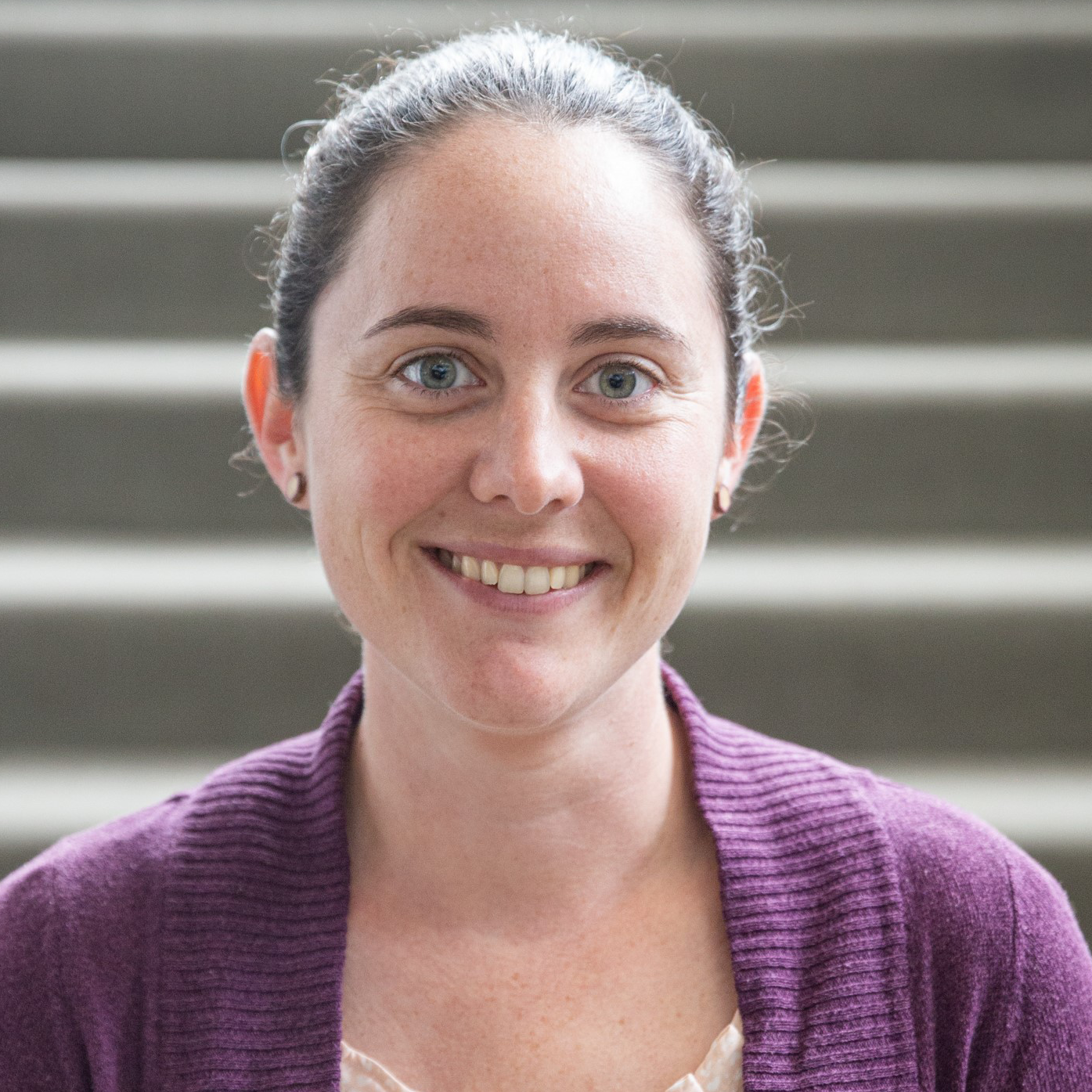
Kerri Barton
Jennifer Ceide has worked in the field of public health since 2009, with a strong emphasis on health education and communication. Her focus on developing educational programs for patients with Asthma afforded her the opportunity to present her work to clinicians of the Shanghai Children Medical Center in Shanghai, China. Her leadership in guiding the implementation of tobacco cessation systems at Jamaica Hospital led to the Gold Star Recognition in the NYC Tobacco-Free Hospital Campaign Certification from the New York City Department of Health. She currently serves as Primary Faculty for the Master of Public Health program at the University of New England in Maine. Jennifer recently developed a Health Education Design course that has been described as challenging, practical, and enjoyable by MPH students. Jennifer is Haitian-American and was born and raised in Brooklyn, NY. She attributes much of her success to being raised in a richly diverse community and obtaining both undergraduate and graduate degrees from institutions in Jamaica-Queens, NY and New Orleans, LA, two culturally-vibrant US cities.
Liz Scharnetzki, Ph.D., is a Staff Scientist at the Center for Outcomes Research and Evaluation (CORE) at Maine Medical Center Research Institute (MMCRI). Dr. Scharnetzki completed her PhD in Experimental Social Psychology at the University of Vermont. Her research interests lie in understanding how stigma and identity threat impact the delivery and receipt of health care. Before joining CORE, Dr. Scharnetzki worked at Vermont’s Agency of Human Services, developing policy research projects aimed at promoting social capital within Vermont’s criminal justice system. Dr. Scharnetzki’s other prior positions include serving as a lecturer at universities and colleges in both California and Vermont, and working as a Research Technician at one of the NIH Building Infrastructure Leading to Diversity (BUILD) Initiative sites. Dr. Scharnetzki currently serves on the National Lung Cancer Roundtable Stigma Committee and co-leads MMCRI’s Diversity, Equity, and Inclusion Workgroup.
Leo Waterston, M.A., is the Program Director for the Center for Outcomes Research and Evaluation (CORE) at Maine Medical Center Research Institute, where he is responsible for the Center’s operations, strategic planning, and management of staff and resources to support CORE’s mission. Leo also serves as Project Director for the Maine Lung Cancer Coalition, a grant-funded lung cancer prevention and screening program with partners throughout the state of Maine. Leo has more than 15 years of experience working in health care research, management, and public health. He earned a B.A. in Psychology from Clark University and a M.A. in Clinical Psychology from Fordham University. He currently serves on the National Lung Cancer Roundtable and Maine's Impact Cancer Network. Orion Tucker (he/him) has a Bachelor of Arts in Political Science and Psychology from Temple University in Philadelphia, PA, where he completed his senior capstone in LGBTQ+ Politics. Orion, from his lived experiences, brings a passion for improving diversity, equity, and inclusion efforts in order to enact meaningful change for the LGBTQ+ community. He brings this drive to his work every day as Health Equity Alliance’s LGBTQ+ Program Manager. Over the years, Orion has provided education, training, consulting, and curriculum design to community-based agencies, healthcare organizations, colleges and universities, businesses, and others to expand competency and affirming experiences for LGBTQ+ identifying individuals in the various communities he has served. Orion is also a Certified Personal Trainer who values behavior change and meeting people where they are.
Orion Tucker (he/him) has a Bachelor of Arts in Political Science and Psychology from Temple University in Philadelphia, PA, where he completed his senior capstone in LGBTQ+ Politics. Orion, from his lived experiences, brings a passion for improving diversity, equity, and inclusion efforts in order to enact meaningful change for the LGBTQ+ community. He brings this drive to his work every day as Health Equity Alliance’s LGBTQ+ Program Manager. Over the years, Orion has provided education, training, consulting, and curriculum design to community-based agencies, healthcare organizations, colleges and universities, businesses, and others to expand competency and affirming experiences for LGBTQ+ identifying individuals in the various communities he has served. Orion is also a Certified Personal Trainer who values behavior change and meeting people where they are.
With a Doctorate in Educational Leadership, a Master of Public Policy and Management and as a Licensed Social Worker, Dr. Ouattara currently works as the State of Maine Refugee Health Coordinator. Dr. Ouattara has 21 years of experience working with refugees and immigrants in Africa and in the United States. In his current position, Dr. Ouattara oversees the domestic medical screening of refugees, asylees, and other ORR eligible populations in Maine. He is also an Adjunct Professor at the Southern New Hampshire University teaching Sociocultural Perspective.
Andrew P. Solomon, MPH, is the Senior Program Manager for the federally funded Northeast Telehealth Resource Center (www.NETRC.org), a member of the National Consortium of Telehealth Resource Centers and a project of Medical Care Development, Inc. (www.MCD.org). Andrew has worked with over 600 health care provider organizations, government agencies, and others to design, implement, and optimize telehealth programs. NETRC’s scope of services cover the “A to Z” of telehealth program development, including legal and regulatory considerations, quality and equity best practices, training resources, and sustainability. Andrew’s experiences also include developing and managing a population health program at a Community Health Center in Rhode Island. There, he implemented projects such as text-messaging programs to improve patient engagement and a transportation program to assist patients in getting to appointments and other health-related services. Andrew holds a Master of Public Health from Boston University.
Kerri earned her MPH at Boston University School of Public Health in 2011. She has since worked for the Massachusetts Department of Public Health as an infectious disease epidemiologist, at Maine Medical Center as a Rural Research Navigator, and now works for the City of Portland Public Health Division as the Interim Program Coordinator for Harm Reduction Services in the Needle Exchange Program.
Registration
Select the Enroll Me button below to register for this recording. If you have any trouble accessing the recording, contact support@nephtc.org.
Acknowledgement: This project is/was supported by the Health Resources and Services Administration (HRSA) of the U.S. Department of Health and Human Services (HHS) under grant number UB6HP31685 “Regional Public Health Training Center Program.” This information or content and conclusions are those of the author and should not be construed as the official position or policy of, nor should any endorsements be inferred by HRSA, HHS or the U.S. Government.

